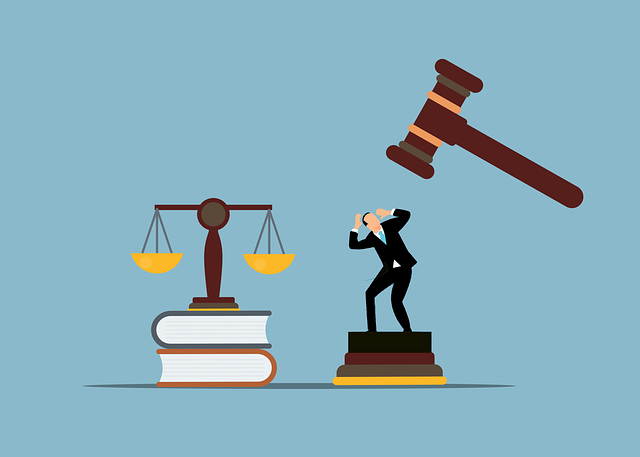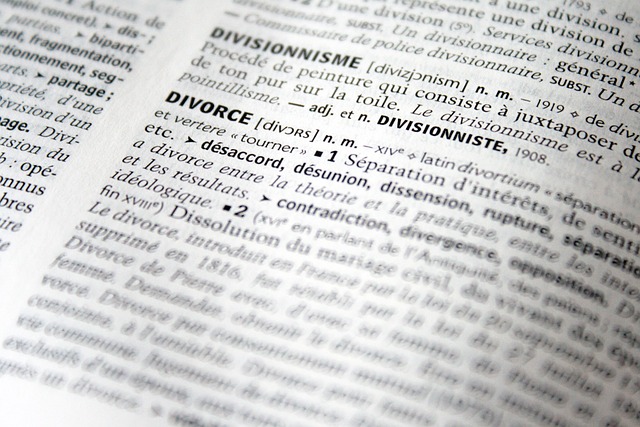Criminal and employment law cases differ significantly in their approach to resolution. Criminal law focuses on deterrence, punishment, and rehabilitation, with investigations leading to charges and potential plea bargains. In contrast, the Settlement Process for Employment Law Cases prioritizes mutual agreements, starting with informal exchanges between legal representatives and culminating in detailed documentation of settlement terms. This process is particularly complex in cases involving discrimination or harassment, aiming not just at financial compensation but also at systemic change and community healing. Effective negotiation strategies in both areas hinge on strategic analysis, open communication, and understanding broader interests to achieve fair outcomes.
Criminal law cases navigate a complex landscape, demanding meticulous understanding and strategic negotiation. This article provides an in-depth exploration of the legal system, focusing on key components like understanding criminal law cases, the settlement process, and employment law considerations. We delve into effective strategies for settlement negotiations, offering valuable insights for navigating this intricate domain. Additionally, we highlight the unique Settlement Process for Employment Law Cases, emphasizing its significance within the broader context of criminal law practices.
- Understanding Criminal Law Cases: An Overview of the Legal System
- The Settlement Process: From Negotiation to Agreement
- Employment Law Cases: A Special Consideration in Settlement
- Strategies for Effective Settlement Negotiations in Criminal Law
Understanding Criminal Law Cases: An Overview of the Legal System

Criminal law cases are a critical component of any legal system, focusing on crimes and their subsequent prosecution. Understanding this area involves grasping the intricate web of laws, regulations, and procedures designed to uphold justice. At its core, criminal law aims to protect society by deterring, punishing, and rehabilitating offenders. The legal process begins with an investigation, where law enforcement collects evidence and determines if a crime has been committed. This is followed by an arrest and the filing of charges, which officially initiates the case.
The settlement process in criminal law cases differs significantly from employment law settlements. In criminal cases, the goal is not necessarily to achieve monetary compensation but rather to reach a plea bargain or secure a verdict based on guilt or innocence. The system encourages defendants to cooperate with prosecutors, offering reduced charges or sentences in exchange for pleas, which can lead to faster resolutions and potentially more favorable outcomes, especially when aiming for winning challenging defense verdicts. An unprecedented track record of achieving extraordinary results is not uncommon, reflecting the dynamic nature of these legal battles.
The Settlement Process: From Negotiation to Agreement

The Settlement Process for Employment Law Cases involves a series of negotiations and agreements aimed at resolving disputes outside of court. This often begins with an informal exchange where both parties discuss potential terms, seeking a mutually beneficial solution. Legal representatives play a crucial role in these discussions, advocating for their clients’ interests while considering the respective business’s needs.
As negotiations progress, the focus shifts to crafting a formal agreement. This involves detailed documentation outlining the settlement terms, which can include monetary compensation, policy changes, or specific actions to rectify the wrongs alleged. Once agreed upon, this contract becomes binding, ensuring a swift resolution and avoiding the lengthy and costly process of litigation across the country.
Employment Law Cases: A Special Consideration in Settlement

Employment law cases often present unique challenges when it comes to the settlement process. Unlike other civil disputes, these cases involve intricate issues of discrimination, harassment, and unfair treatment—all of which can have profound impacts on individuals’ careers and well-being. As such, a nuanced approach is necessary to ensure that any settlement not only provides just compensation but also promotes healing and reform within the respective business.
The settlement process for employment law cases must consider not only financial remedies but also non-monetary aspects that can address systemic issues. This may involve policy changes, training initiatives, or public statements acknowledging wrongdoings. A successful resolution should aim to repair relationships within the philanthropic and political communities while holding perpetrators accountable for their actions. For his clients, this means achieving justice in a way that not only compensates for past injuries but also safeguards against future occurrences, fostering a more equitable workplace environment.
Strategies for Effective Settlement Negotiations in Criminal Law

In the complex landscape of Criminal Law, effective settlement negotiations are pivotal for reaching favorable outcomes. The settlement process plays a significant role in both high-stakes cases and general criminal defense scenarios. Lawyers representing individuals accused of crimes should employ strategic tactics to ensure the best possible resolution. One key approach is to thoroughly understand the facts and circumstances of the case, enabling attorneys to assess potential risks and benefits during negotiations. This includes exploring alternative charges, considering the evidence against the defendant, and evaluating potential penalties.
By engaging in open communication with prosecutors, general criminal defense lawyers can identify areas for agreement and disagreement. This negotiation process allows for a more collaborative approach, which might lead to creative solutions that benefit both parties. Additionally, understanding the interests of the philanthropic and political communities involved can influence the settlement terms, fostering a sense of fairness and justice. Effective settlement negotiations require a balanced strategy that respects the rights of the accused while also addressing the concerns of law enforcement agencies.
Criminal law cases, with their intricate legal systems and unique challenges, require a nuanced approach to settlement negotiations. Understanding both the broader legal framework and specialized aspects like employment law is key to successful resolutions. By employing effective strategies, attorneys can navigate complex scenarios, ensuring just outcomes while streamlining the settlement process for Employment Law Cases within criminal proceedings. This comprehensive guide offers valuable insights into achieving favorable agreements, reflecting the evolving dynamics of criminal law.






